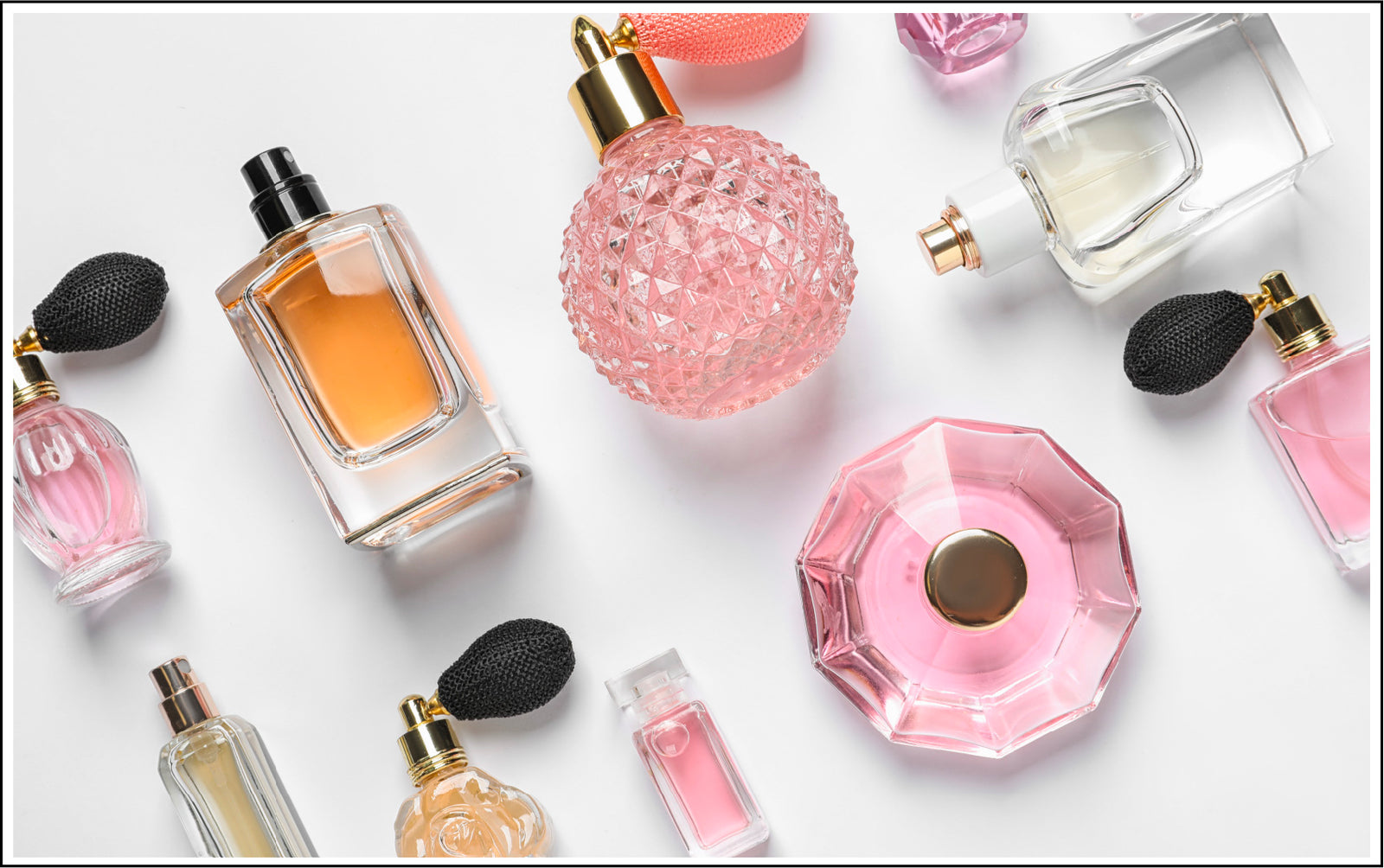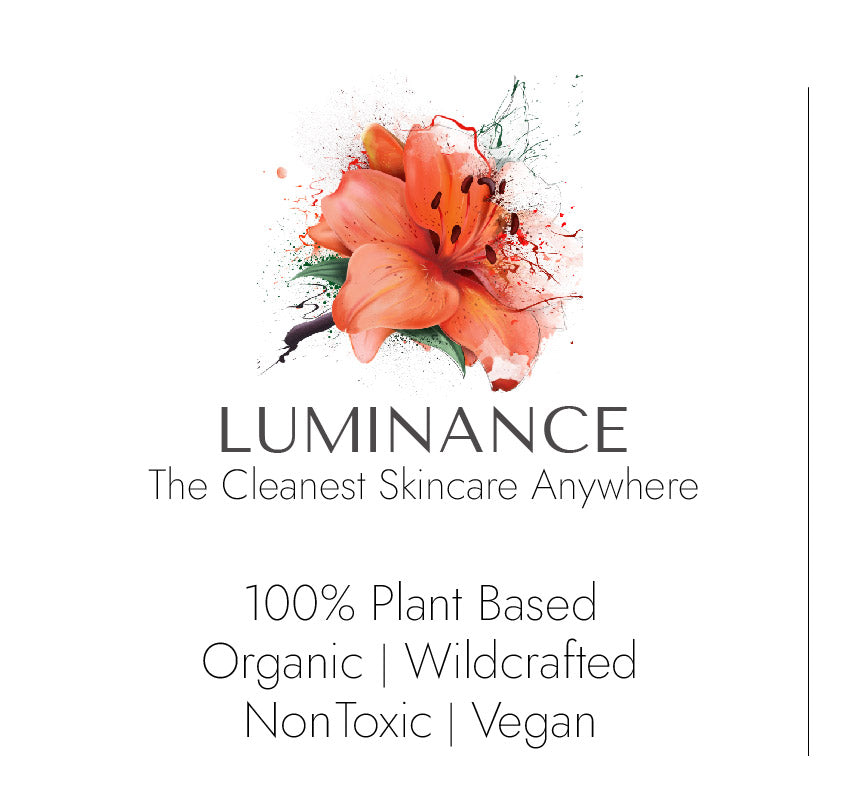Fragrance 101
We officially live in a time where there is a specific day dedicated to just about everything. Amongst the plethora of holidays, we have National Fragrance Day. Who knew?
National Fragrance Day is celebrated on March 21st. We officially started observing this day in 2018. There are many wonderful, safe fragrances that we can appreciate, but there are some really unsafe scents out there, too. Being a company that believes in using only natural, non-toxic ingredients, we wanted to take a moment and differentiate between good and bad.

The Good Stuff
It’s very hard to differentiate the good stuff these days. There is a lot of misinformation that makes it incredibly difficult to be an informed consumer. So what is natural? Consider the source.
Someone baking cookies or arranging a bouquet of fresh flowers are examples of natural scents. These are real scents you’re experiencing that haven’t been manipulated by chemicals. A lot of companies try to mimic this experience, and that’s where things get messy.
If you’re using scented products and perfumes, look to see if the scents are disclosed on the label. Make sure nothing is left out or hidden with words like “Parfum” or “Fragrance” because this means it’s a blend of something, the company isn’t telling you what that blend is, and they’re banking on the fact that you won’t feel compelled to ask them about it.
A better option would be to find a label that shows scent through naturally-derived oils, like essential oils, and lists each of the oils used. This rings true for products like makeup, candles, skincare, perfume, soap, laundry detergents, and household cleaning agents.

The Bad Stuff
Natural Fragrance? Parfum? What even is that. In short: nothing you want on your body or in the air you’re breathing. For two very vague words, there are quite literally thousands of potential combinations that lead to this mysterious word appearing on your product labels. This combination could include toxins like benzenes, formaldehyde gases, and phthalates, to name a few.
Scent blends and their origin, can be left out of a label to prevent brands from copying one another. It’s considered a trade secret and it’s unfortunately legal. Good news for business, bad news for the consumer, because these blends are probably toxic and we don’t realize it until later on when our body starts to react more noticeably. Even if you don’t notice any immediate effect, that doesn’t mean your body isn’t reacting.
Let’s say you ditched the synthetic scents for some length of time. Once you introduce them back into your life, you might find your eyes watering, notice yourself sneezing more than usual or suffer a headache. This is your body trying to protect itself from something it considers harmful.
Skincare, Cosmetic, and Perfume companies have been receiving a lot of criticism lately as consumers become more concerned about what’s in the bottle sitting on their shelf, and demanding safer products (yay!).
The truth is, almost all of these undisclosed scents are irritants and toxins. This means that each spritz of perfume or swipe of scented moisturizer can contain carcinogens, hormone disruptors, reproductive toxins, and respiratory toxins.
That’s right, these scents can contribute to hormone imbalance, put you at greater risk for cancer, irritate your organs and affect fertility.
This isn’t just bad news for you, it’s also bad news for marine life. Should these products make their way to the ocean, and they probably will, they are extremely harmful to marine life.

Scent Masking
Unscented products are marketed as safer, but this is misleading because unscented products could contain added chemicals that neutralize the natural scent of a product completely. When done, it has to be done strategically so that a new scent isn’t created in the process. This process is called scent masking.
While making a product, sometimes you need to incorporate some superstar ingredients, but they smell horrible. To sidestep this, some companies will opt to use chemical agents to neutralize the malodors that might prevent someone from wanting to use the product.
This is a laboratory process that can sometimes involve incubation if the scent is strong enough, which can be so powerful it can even increase the shelf life of the product. This unfortunately results in a modified product.
Instead, use something that is naturally scented by nature-derived ingredients with no further additives or is naturally scent-free; it is much safer. In fact, dermatologists, while they would advise avoiding heavily scented products in the first place, especially warn clients to avoid unscented products. This is because scent masking can cause contact dermatitis and severely agitate the skin.

Natural Scents
It’s important to note that natural scents, while much safer, can still cause irritation. If a product is botanically based, the oils and extracts from the plants may be a potential allergen. This is something to consider when shopping for new products. It’s not to say that plants aren’t safe, but everybody reacts differently to things, and you might be one of the few that are allergic to something uncommon like lavender or rose.
What are some of your favorite scents? Let us know and we might bring it to life via a new product variant!


